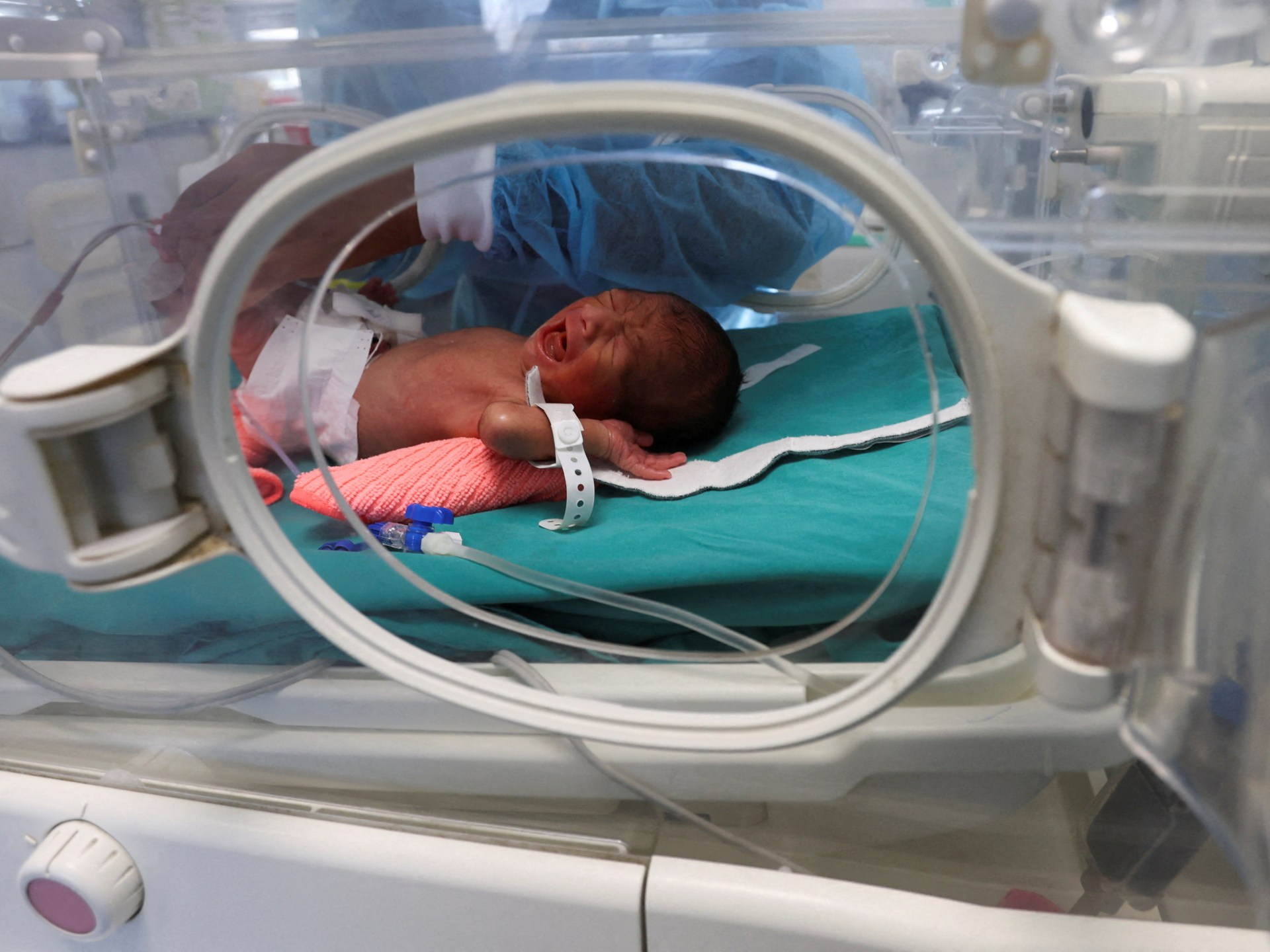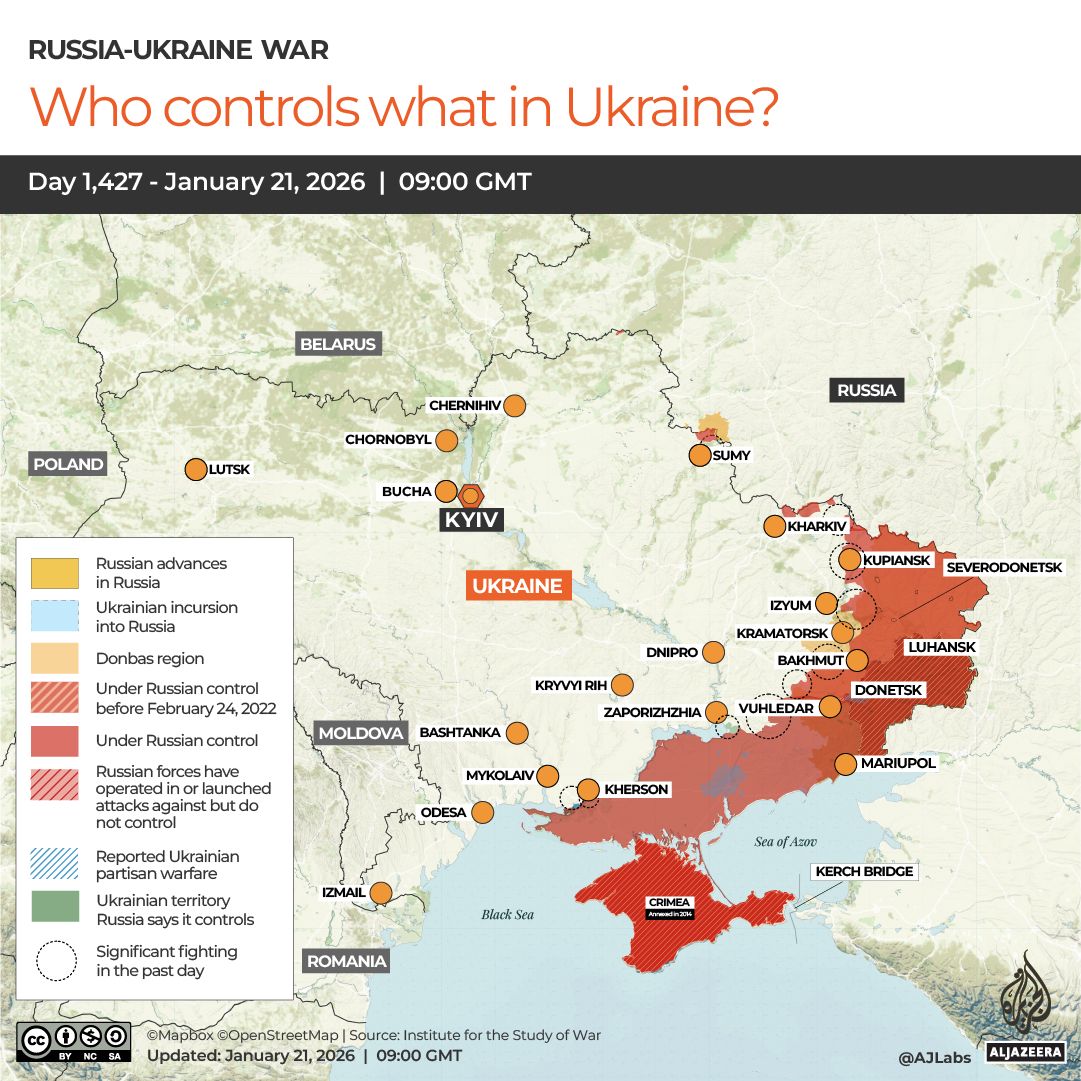Sudan has moved to the forefront of the global humanitarian landscape, now hosting the world’s largest internal displacement crisis. According to the United Nations refugee agency (UNHCR), approximately 14 million people have been forced from their homes within the country.
These staggering figures in Sudan are part of a broader global surge in forced displacement. UNHCR estimates suggest the number of forcibly displaced people worldwide exceeded 122 million by the first half of 2025.
However, amid geopolitical shifts sweeping the Middle East, a countertrend has emerged. For the first time in a decade, the global number of displaced persons dropped by 5.9 million by mid-2025. This shift raises critical questions: what drives people back to conflict zones, and how do they survive in the ruins?
Al Jazeera Arabic spoke with experts, officials and returnees to understand the “Khartoum case” – a phenomenon where civilians are trickling back to the Sudanese capital despite the destruction, driven by nostalgia and a fragile sense of stability following the government’s recent return to the city.
A region in flux
While the global numbers show a slight decline, the regional reality remains grim. The conflict between the Sudanese army and the Rapid Support Forces (RSF), which erupted in April 2023, has placed immense pressure on infrastructure across all Sudanese states.
Elsewhere in the region, the situation is equally dire. In the Gaza Strip, internal displacement affects nearly two million people—the vast majority of the population. Many have been displaced multiple times due to the Israeli offensive that began in October 2023.
Adnan Abu Hasna, media adviser for the UN agency for Palestinian refugees (UNRWA), describes the situation in Gaza as unique. With 90 percent of homes, schools and infrastructure destroyed, Abu Hasna notes that 2.5 million Palestinians are, in effect, homeless, making a return to normalcy “almost impossible” amid total destruction.
Meanwhile, protracted conflicts continue to drive displacement figures in Syria, where 12 million remain displaced, and in Yemen, where the number exceeds five million.
The Khartoum experiment
Khartoum presents a unique case study in the dynamics of return. The recent resumption of government operations from the capital has sent a signal of potential stability.
Adel El-Baz, director-general of the African Centre for Consulting, views the government’s return as a “direct invitation” for citizens to follow suit. Major-General Osama Abdel Salam, former director of the Centre for Strategic Studies and Research, argues that the return of civilians naturally enhances security.
“The filling of abandoned neighbourhoods with residents reduces the risk of negative phenomena, prevents theft and spreads an atmosphere of reassurance,” Abdel Salam explained.
However, the infrastructure challenge is monumental. Saad El-Din El-Tayeb, spokesperson for Khartoum State, told Al Jazeera that the government has spent more than a year attempting to clear the debris of war.
“We began by cleaning the cities of bodies and burnt vehicles, restarting water stations, and rehabilitating power distribution lines,” El-Tayeb said.
He highlighted that Khartoum suffered the “largest looting operation” of its electrical infrastructure in history. Approximately 15,000 electrical transformers were stripped, with looters targeting the copper in underground cables and motors. Despite this, El-Tayeb noted that authorities are diverting available electricity to critical facilities like hospitals and water stations, while encouraging the use of solar energy.
‘Nostalgia’ amid the ruins
For the displaced, the decision to return is often emotional rather than practical. Rimah Hamed, a dentist and journalist, fled Khartoum for Gezira State and later Egypt when hospitals closed and security collapsed.
She recently returned to her family home in Khartoum. “The primary motivation was nostalgia,” Hamed told Al Jazeera. “The Sudanese character is sentimental. People returned because they missed their homes.”
Hamed found her neighbourhood transformed. Her house was empty, stripped of essential items, with no running water or electricity.
“There was only one water source in the neighbourhood where everyone went to fill up,” she recalled. “But gradually, neighbours started coming back. The neighbourhood began to regain its social features, and life returned little by little.”
Hamed observed that the community had developed a “psychological immunity” to the harsh conditions, adapting to shortages through grassroots initiatives.
Prerequisites for peace
While emotional ties drive some to return, sustainable reintegration requires tangible resources. Tom Ndahiro, a Rwandan genocide researcher, suggests that “relative peace” is the baseline requirement – a sense that the situation has improved enough to survive the night.
Experts interviewed by Al Jazeera outlined a hierarchy of needs for a sustainable return:
- Security: A trusted leadership to organise resettlement and prevent chaos.
- Shelter: Even temporary structures like tents, provided they offer safety.
- Essentials: Food security and access to clean water are non-negotiable.
- Power: Electricity is viewed as the decisive factor for economic stability.
Rami Mahkar, a journalist, emphasised that security must come first. “Without security, the displaced are forced to move again,” he said, adding that the presence of functioning shops for food and supplies is critical for those trying to rebuild their lives.






